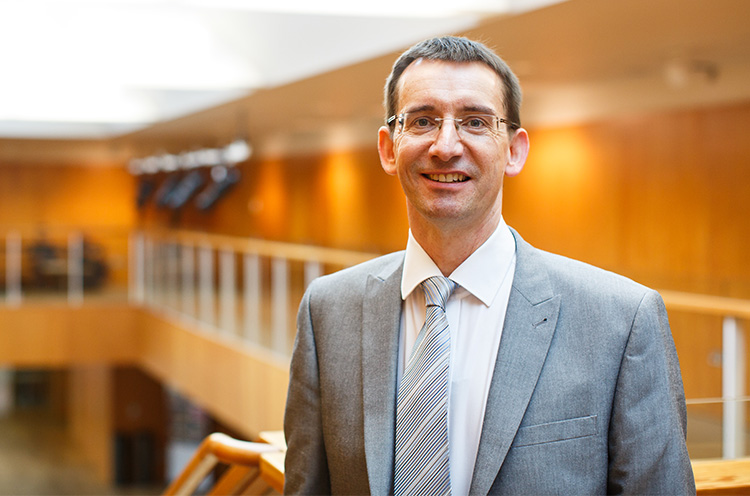Given the unprecedented change and uncertainty across the world, now might seem a strange time to talk about a new European strategy for the University. However, the implications of Brexit meant we were already giving considerable thought to how best to position ourselves before Covid-19 struck. Europe has long been of huge importance to us as a University, and we want to find more efficient and effective ways to deliver opportunities for research and teaching and also to ensure we can protect and enhance our relationships with European partner institutions, academics and collaborators as we develop our plans for the future.
To reflect a changing world, our current thoughts are centred on a strong European hub built around Brussels, ensuring we maintain our close political ties with the EU and can support wider plans for cross-border working led by Kent County Council and their new ‘Strait Committee’ launched in February this year. We also hope to boost this further through new agreements with other universities working in the Belgium capital and Northern France. We have, for example, set up a new regional network of universities with Lille, Ghent and KU Leuven to support shared research and we are exploring new partnerships to increase our revenue and visibility in Brussels and Paris.
The Brussels hub will be supported by an increased focus on partnerships with universities across Europe. This will deepen our ties across the continent and ensure students – both here and abroad – continue to benefit from the fantastic opportunities that come from studying overseas and sharing knowledge on or off-line. Importantly in the current climate, this will allow us to move forward with a more sustainable model, with partnerships reducing costs while allowing the flexibility we need to meet the evolving needs of students as different study priorities develop.
As part of this we will be changing some of our existing focus, including making a transition from centres in Athens and Rome to a series of close links with partner institutions in those cities. This partnership model will enable our academic divisions to seek options that suit both their best-recruiting programmes and their students, while maintaining the enriching experience we have long offered through European study and exchange programmes. We are also exploring new ways to support our Paris School of Arts and Culture and the Kent-Paris Research Institute in this changing environment.
While both Brexit and Covid-19 present us with significant challenges, our commitment to Europe remains as strong as ever, because innovation and quality of knowledge require good relationships. However, there is no doubt we need new ways of doing things if we are to thrive and develop in such an uncertain climate. This new approach will give us the flexibility and focus to deliver on this commitment.
Jeremy Carrette | Dean for Europe

